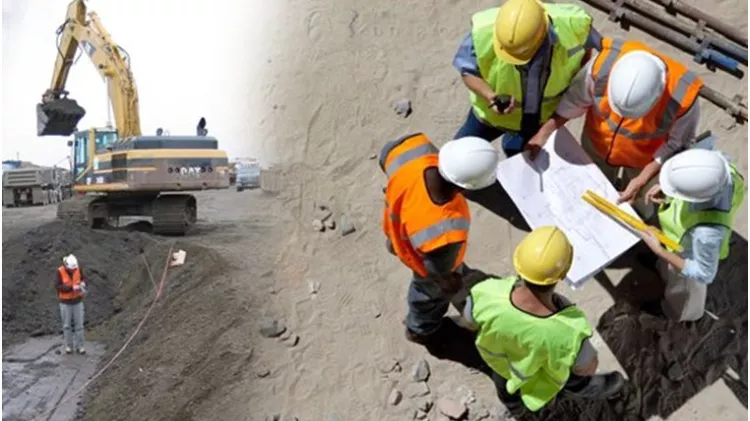In the realm of civil engineering, where structures and infrastructures shape the world we live in, the importance of quality testing cannot be overstated. From towering skyscrapers to intricate bridges and expansive road networks, the safety and reliability of these structures rely heavily on rigorous testing procedures throughout the construction process.
Ensuring Structural Integrity:
One of the primary objectives of quality testing in civil engineering projects is to ensure the structural integrity of buildings and infrastructure. Testing materials such as concrete, steel, and asphalt for strength, durability, and compatibility with environmental conditions is essential to guaranteeing the longevity and safety of the structures they support.
Identifying Potential Risks:
Quality testing also plays a crucial role in identifying potential risks and vulnerabilities in construction projects. Through techniques such as non-destructive testing (NDT), engineers can detect hidden defects or flaws in materials without causing damage to the structure. This proactive approach allows for early intervention and mitigation of potential hazards before they escalate into safety concerns or costly repairs.
Compliance with Industry Standards:
In addition to ensuring structural integrity and identifying risks, quality testing is essential for compliance with industry standards and regulations. Civil engineering projects must adhere to a multitude of codes and standards set forth by regulatory bodies to guarantee the safety and welfare of the public. Thorough testing and documentation of materials and construction processes are necessary to demonstrate compliance and obtain necessary permits and certifications.
Driving Innovation and Improvement:
Moreover, quality testing serves as a catalyst for innovation and improvement in civil engineering practices. Advancements in testing technologies and methodologies enable engineers to push the boundaries of what is possible, leading to the development of more sustainable, resilient, and cost-effective solutions. By continually refining testing techniques and embracing new technologies, civil engineers can enhance the performance and longevity of infrastructure projects while minimizing environmental impact.
Global Lab's Contribution:
At Global Lab, we understand the critical importance of quality testing in civil engineering projects. Our comprehensive range of testing equipment and solutions is designed to meet the diverse needs of construction professionals, from materials testing to structural analysis and beyond. With state-of-the-art technology and expert support, we empower engineers to achieve reliable results and deliver projects that stand the test of time.
In conclusion, quality testing is the cornerstone of success in civil engineering projects. By ensuring structural integrity, identifying potential risks, complying with industry standards, and driving innovation, quality testing plays a vital role in shaping the built environment and safeguarding the communities we serve.

 Français
Français English
English

